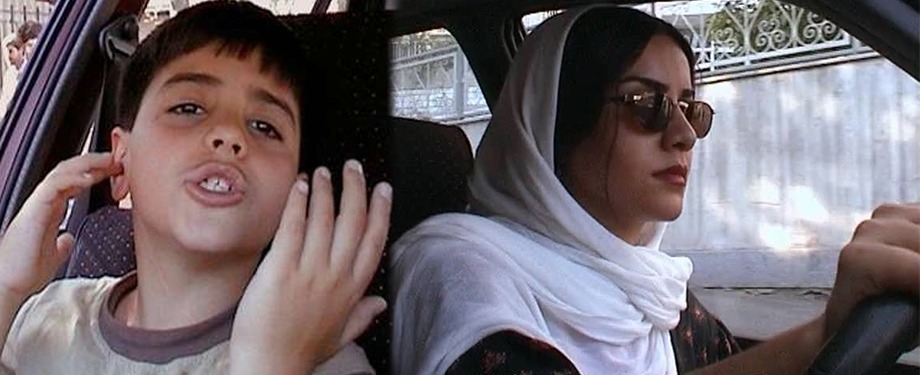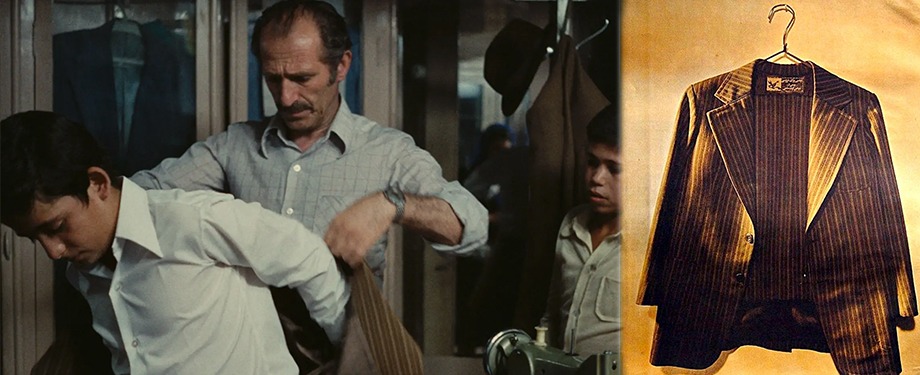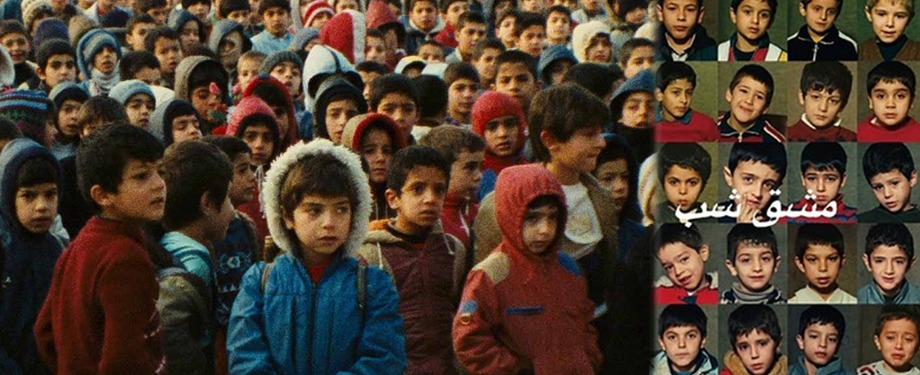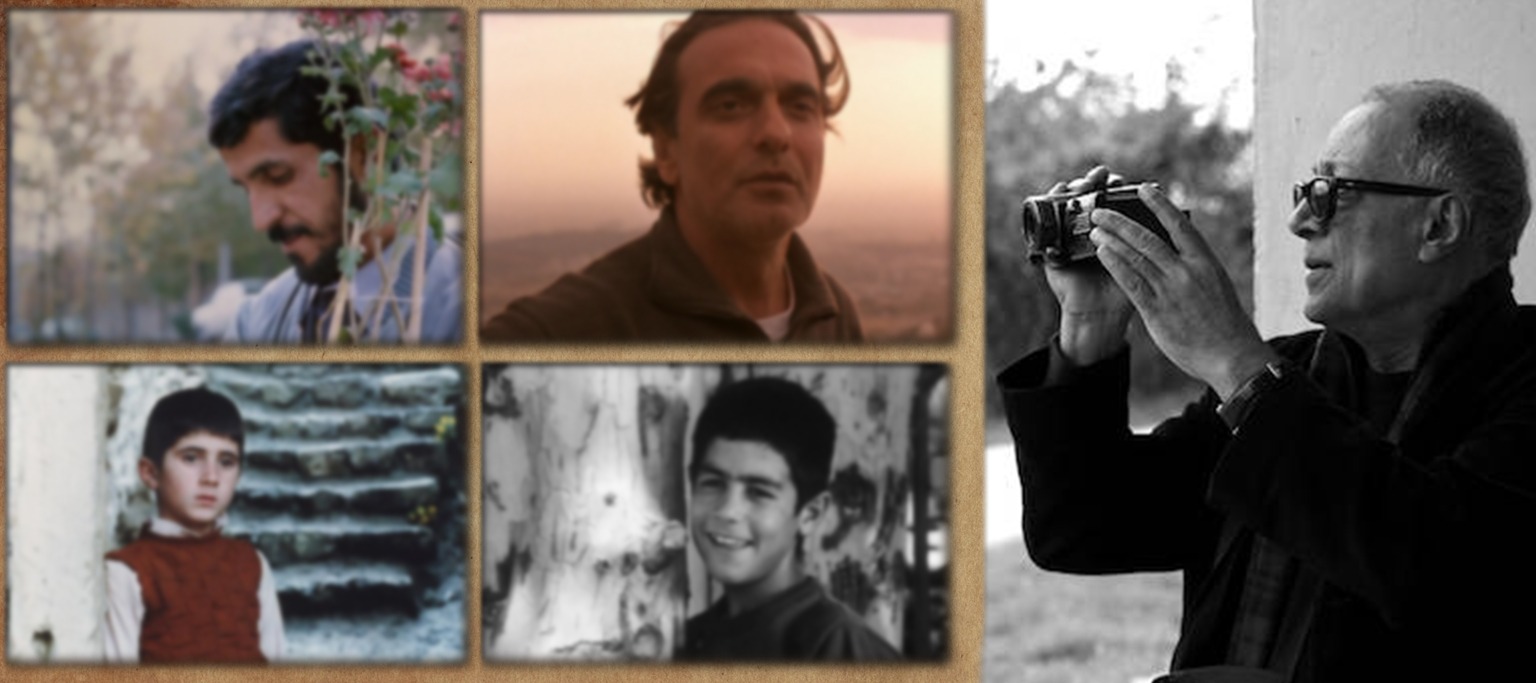Best Abbas Kiarostami Movies
Ten (2002)

IMDb: – 7.4 / 10
Ten is a powerful portrayal of the complexities of modern Iranian society, told through a series of ten conversations between a female driver and her various passengers. This film is a masterclass in subtle storytelling and nuanced character development. Shot entirely within the confines of a moving car, Ten is a visually stunning film.
The performances of the characters are exceptional, with Mania Akbari delivering a standout performance as the driver who must navigate the diverse perspectives and opinions of her passengers. What sets Ten apart from other films is its ability to tackle complex social issues with such a deft touch.
Through conversations about divorce, sexuality, religion, and politics, Kiarostami presents a multifaceted portrait of a society in flux. It’s a film that will challenge your preconceptions and leave you with much to ponder long after the credits roll.
A Wedding Suit (1976)

IMDb: – 7.2 / 10
This comedy thriller is one of Abbas Kiarostami’s most underrated movies of all time. It’s a cinematic gem that anticipates the accomplishments of Abbas Kiarostami’s later work. The movie focused primarily on the activities of a single shopping experience. A pure cinematic masterpiece with a simple storyline is edited in the manner of a gem.
The narrative revolves around a woman who orders a suit from a tailor for her young son to wear to her sister’s wedding. The tailor is just a trainee so together with two other teenage boys who work in the same building he comes up with a plan to try on the suit at night to see what it feels like. Things get a little complicated but in the morning at the last possible minute, they manage to return the suit to its proper place.
Kiarostami introduces the social problems and issues in his movie through his hallmark filmmaking style. A long silent shot taken from a different angle develops a series of static and cinematic experiences for audiences. Kiarostami also explores the issue of class through the suit itself. One way in which he does so is by drawing connections between the suit and middle-class family. If you want to understand or explore Kiarostami movies and his filmography don’t miss out on this beauty.
Like Someone in Love (2012)

IMDb: – 7 / 10
With Like Someone in Love, Kiarostami pushed himself outside his comfort zone by telling a story set in Japan. In Tokyo, sociology student Akiko earns money as a sex worker to get by, and her boyfriend is suspicious but doesn’t know about her work.
The story kicks off after Akiko is assigned to Takashi, an elderly former university professor. An unusual client, Takashi seems to take a genuine interest in Akiko’s life. He begins to act almost like a surrogate father. However, his presence threatens to cause conflict with Noriaki.
Like Someone in Love is a study of modern relationships that is told with a subtle touch. Visually, it’s masterful. Kiarostami frames every shot meticulously, and much of the imagery here is brilliant, like the chaotic opening shot in a nightclub or the scene where Akiko first explores Takashi’s apartment. The narrative resists easy resolutions, which will either delight or frustrate, depending on the viewer’s point of view.
Homework (1989)

IMDb: – 7.8 / 10
This documentary drama movie is a dig into the Iranian education system that showcases its problems, particularly complaints of too much homework. For this striking and revelatory documentary, Kiarostami and his crew headed to a poor public school in a rural village. They asked various pupils and parents questions about their education, with a focus on homework.
The film is made up almost entirely of interviews, many of which become surprisingly personal. Many of the students reveal details of their home lives, including corporal punishment and the struggles of poverty, as well as their hopes and dreams. Homework is not merely a narrative about a school assignment but a lens through which Kiarostami examines societal values, the role of community, and the politics of the day.
It’s striking how much the kids are aware of the wider crises facing society mainly about the captivating culture of Iran, although they only half understand them.




